The proposed trip is the first amongst what we hope to be a long-term relationship between the University of Pennsylvania and the University of Chile Departments of Orthopaedic Surgery. Residents will travel to the public trauma hospital associated with the University of Chile in Santiago to take part in acute care of these underserved patients, working directly with the local university surgeons and residents. It is one of the busiest hospitals in the country serving all of Santiago and the surrounding area.
We will operate as first assist with the chief of trauma as well as other orthopaedic faculty and see patients in clinic. In addition to acute trauma, residents will also operate on complex trauma and subspecialty cases including chronic nonunions and malunions, limb deformity and salvage.
This project is expected to benefit both Departments of Orthopaedic Surgery in Santiago, Chile as well as the University of Pennsylvania. The residents from the University of Pennsylvania will have the opportunity to experience a very high-level trauma center with limited resources.
Additionally, local patients will be served by expertise from a longitudinal exchange from faculty and residents from the University of Pennsylvania and will receive a high level of complex care for orthopedic conditions they may not otherwise have access to.
Moreover, residents from the University of Chile will benefit from laboratory and clinical resources at the University of Pennsylvania. Although a busy clinical center, the Department of Orthopaedic Surgery is lacking in research space and opportunity. We hope to open this as a new avenue for the next generation of orthopaedic surgeons in Chile and anticipate a robust exchange of residents for away rotations to experience acute trauma care in low resource settings (for Penn residents) and high resource/Western settings (for Santiago residents).
We expect this to be the start of a long-term relationship between the University of Chile in Santiago and the University of Pennsylvania. The Department of Orthopaedic Surgery here at Penn plans to send residents and faculty each year to develop this relationship. Residents from the University of Chile will have the opportunity to travel to the University of Pennsylvania to extend the reach of this program. They will have the opportunity to take place in surgical cases, clinic, and spend time in our world-renowned biomechanics laboratory.
As an illustration, the Chief of Orthopedic Trauma from the University of Santiago recently visited our department here as a visiting professor and gave a Grand Rounds discussion on complex periprosthetic femur fractures, presenting cases residents and attendings may not otherwise be able to perform or see. Likewise, these didactic exchanges will continue in Santiago.

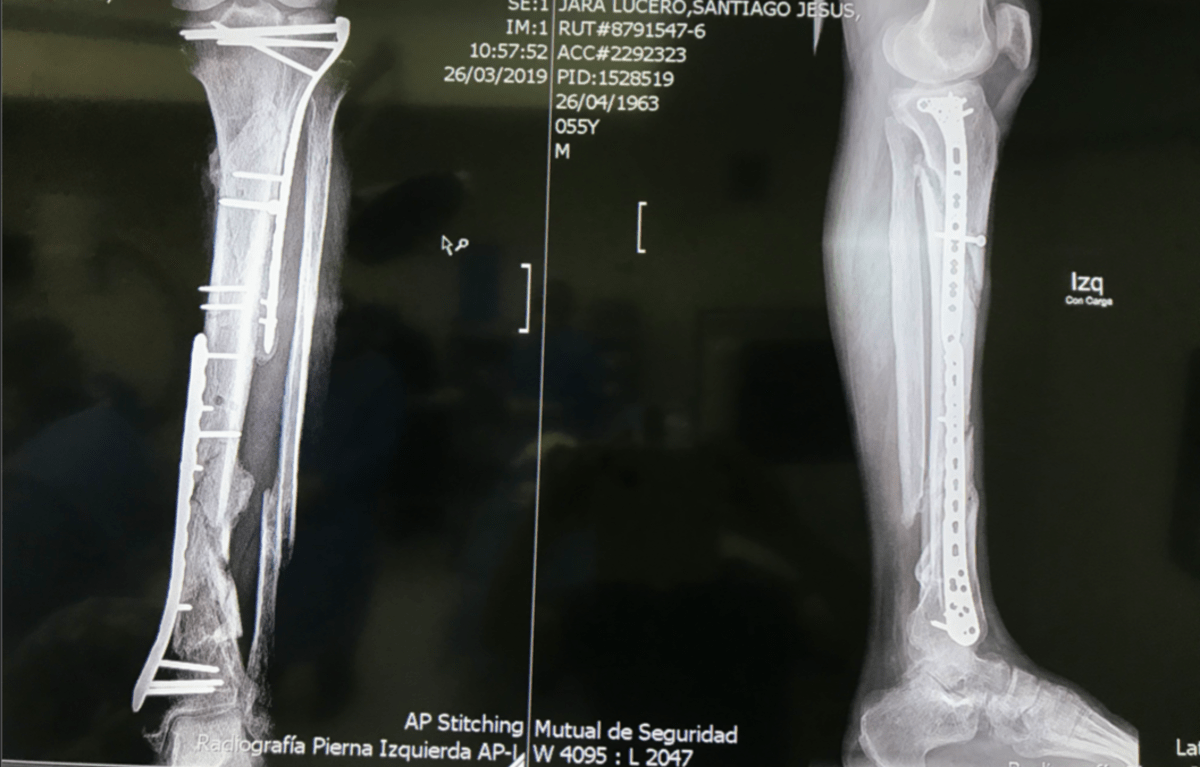
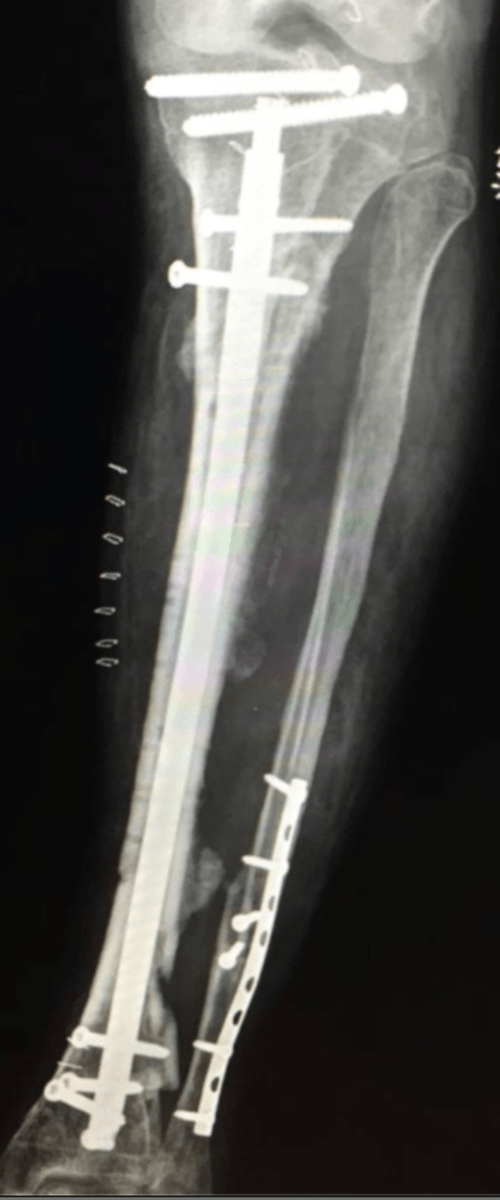
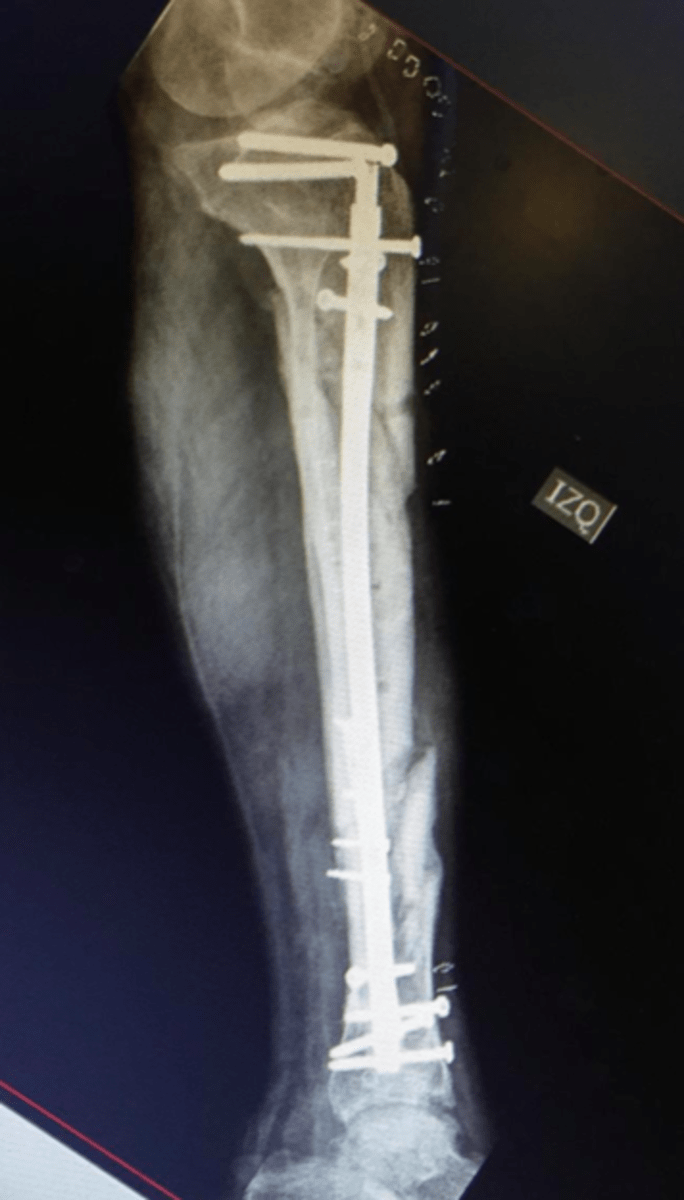
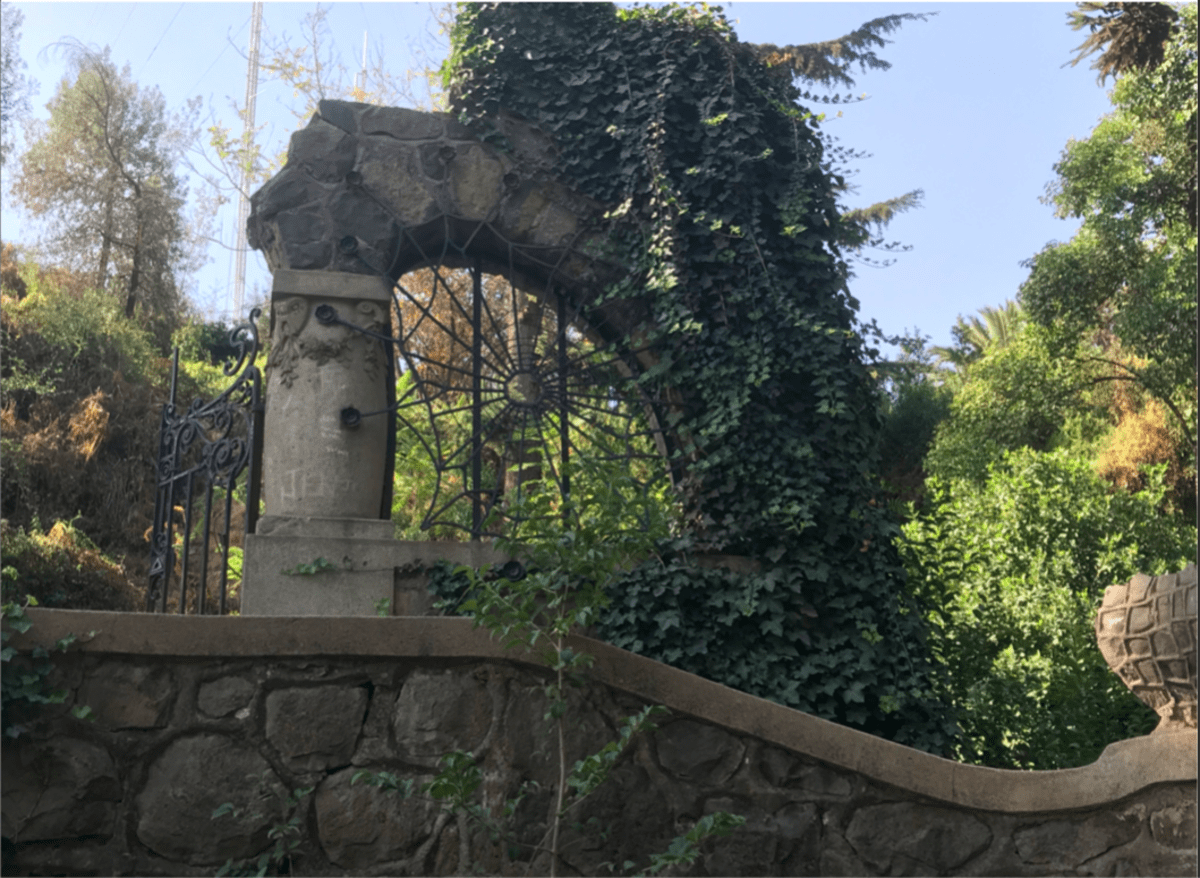


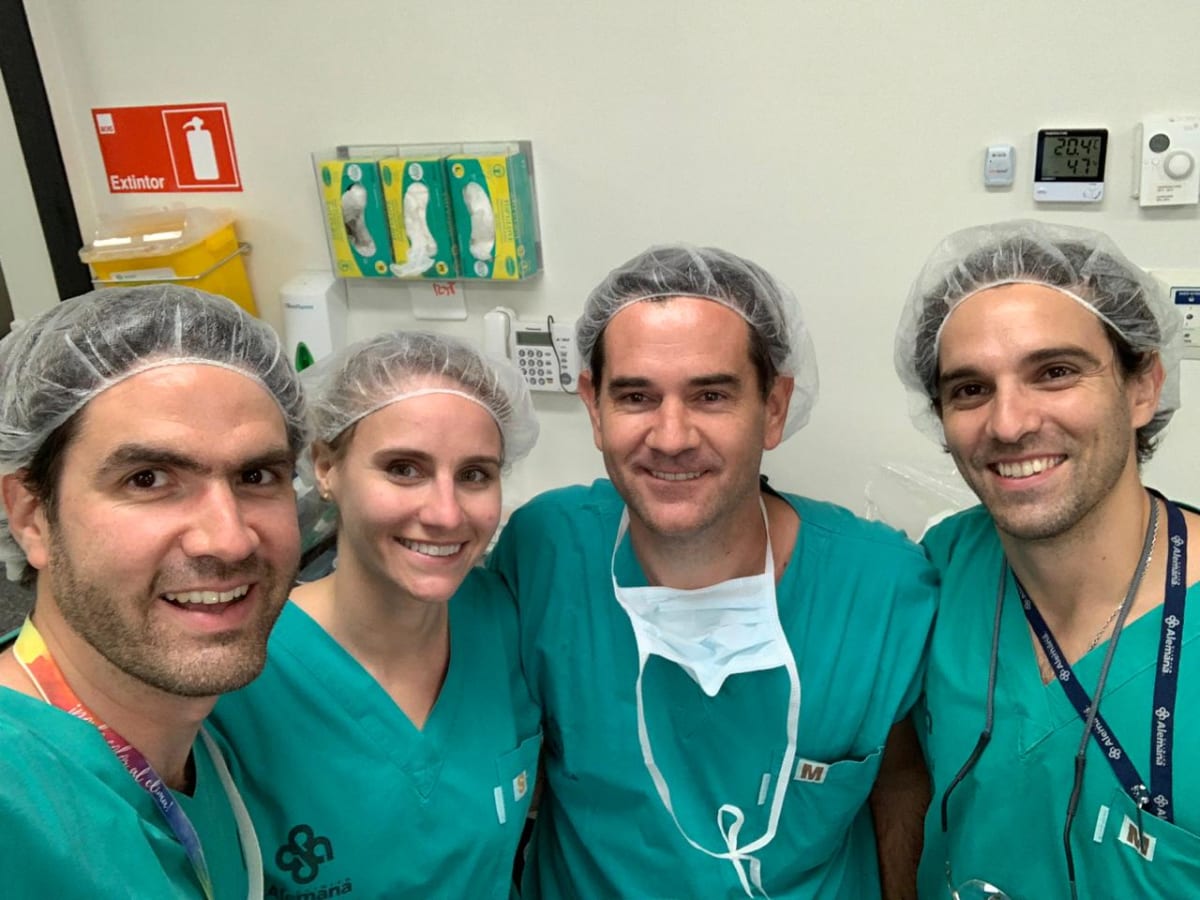








During our two weeks in Santiago, Chile we interacted with residents, fellows and attendings at various stages of training and practice. We reviewed complex Orthopaedic trauma cases and strategies in fixation and operated in a variety of settings. Although we were able to share our "American" perspective I think it was myself and my co-resident that I traveled with that were impacted the most. We were able to experience the extremes of chilean healthcare-from patients referred from the public hospitals with chronic nonunions who had been waiting and saving for surgery for years as well as the other end of the spectrum in the private hospital with resources beyond what we have in the US.
I will be forever grateful to the Dox foundation as well as my new friends in Santiago for making this trip possible and giving me a new perspective in global healthcare.